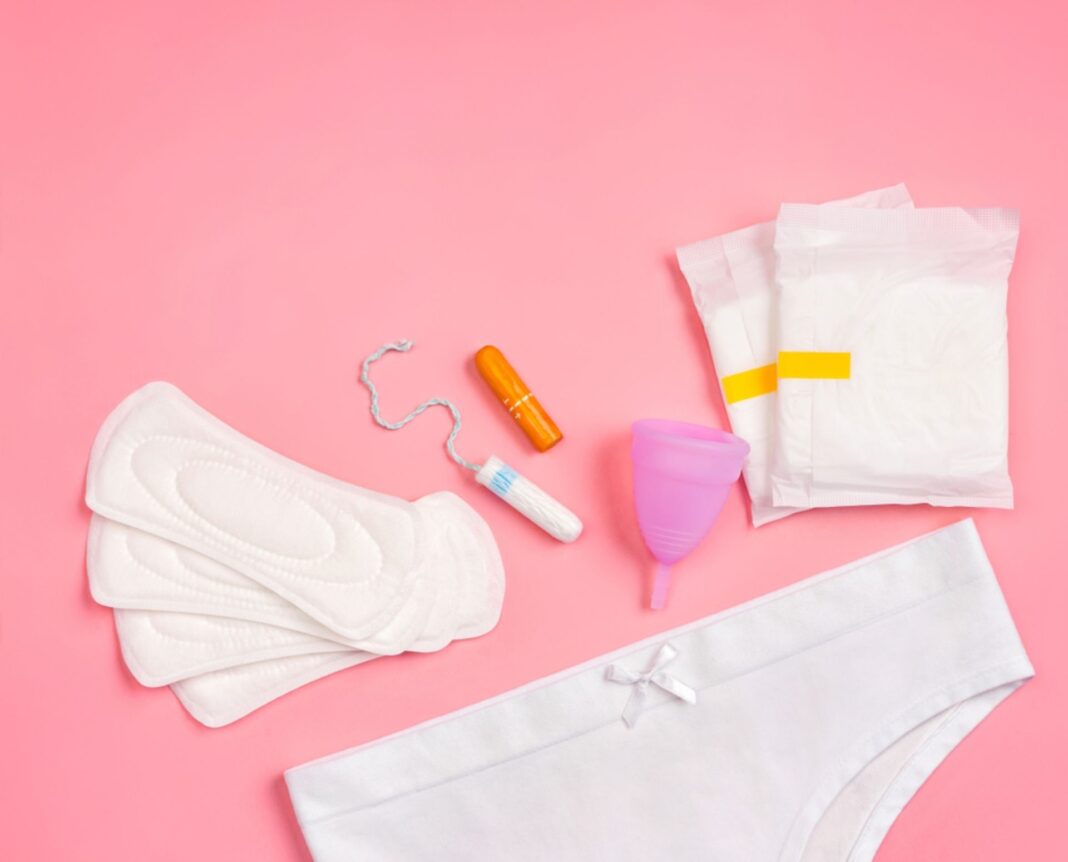Roughly half of the female population around 26 percent of the global population are of reproductive age. This signifies an important transition to womanhood. As menstruation is a natural and healthy process for girls and women of reproductive age. It should be followed by great support of affordable menstrual products.
Research done by Menstrual Hygiene Day, a global advocacy platform for non- profit organizations and government agencies to promote menstrual health, shows that 65 percent of women and girls in Kenya are unable to afford sanitary pads. As a consequence, girls often rely on the men in their lives for period products and some girls end up engaging iin transactional sex inorder to secure sanitary products.
Georgie Nicholson of social enterprise Hey girls told BBC Radio’ s Good morning Scotland, period products should be as accessible as toilet roll in public bathrooms. With Scotland making history of being he first country in the world to issue free menstrual products to the public. It is a great motivation to other countries in the world to end period poverty. Period poverty is when those on low incomes cannot afford or access suitable period products. In addition, just as condoms is free to curb the issue of early pregnancies and sexually transmitted diseases, the government should also focus on making menstrual products free.
With this in place girls will not suffer, as they will have good hygiene during their periods.
Lack of ability to get sanitary towels can contribute to higher rates of school and work absenteeism and poor performance. According to research by Kenya’s Ministry of Education, girls lose on average four school days every month, which translates to two weeks of learning each term. Over four years of high school, they lose on average 165 learning days. Some of these girls may also be affected by painful periods that may make them not attend schools.
In Kenya, menstrual products are expensive with the cheapest at 50 shillings. This is not affordable to many thus leading some to use rags, newspapers, cotton cloths inorder to absorb menstrual blood. With these there is increase risk of urogenital infections such as yeast infections.
However, period poverty can be broken if politicians may work hard to make the legal right to access free period products a reality. If this is not possible then the government may subsidize on their prices to make them more affordable to everyone in the society. This including homeless girls and young women.
Menstrual products should also be safe, hygienic and acceptable to girls in the society. They should also be environmental friendly and biodegradable.
There should be also free programs and seminars to educate girls and young women on the importance of managing menstruation without fear or discomfort. In these programs, there should be also free check ups for endometriosis diagnosis as it is expensive.
Young women and girls with disabilities and special needs should also be able to access toilets with water and menstrual products to manage their period.
Thanks to foundation like Inua Dada foundation headed by Janet Mbugua for having policies which mandates to distribute free sanitary pads to schools. With foundations like this coming into the world, access to free sanitary towels will be a reality.

